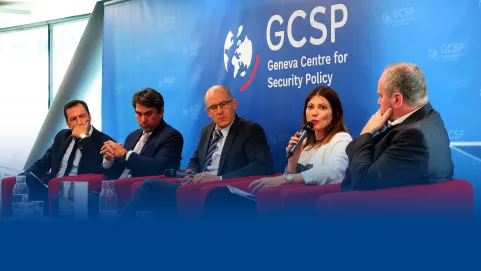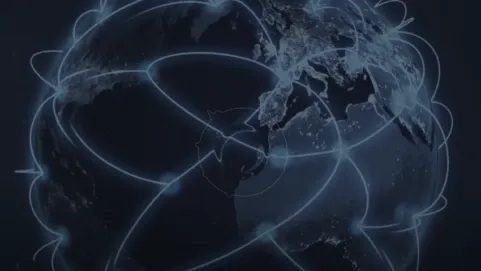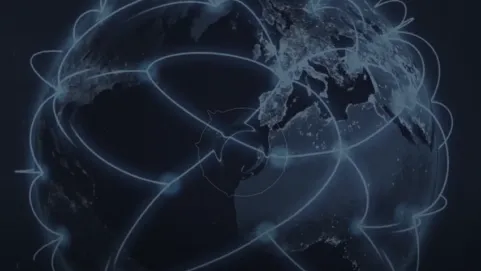International disarmament efforts heavily rely on international treaties and politically binding agreements. More than 70 years after the UN Charter, the international community has adopted an impressive number of multilateral instruments on disarmament, arms control, and non-proliferation. Some, like the 1993 Chemical Weapons Convention, have become core pillars of international security. Others, such as the 2008 Convention on Cluster Munitions, offer significant protection and assistance to civilians, changing how wars are fought. States and civil society continue to propose new initiatives for international regulations of weapons and technologies. Yet multilateral disarmament regimes face significant challenges. New technologies, increasing geopolitical tensions between major military powers, and growing multipolarity create stress on legal regimes. In certain cases, such as the Intermediate Nuclear Forces Treaty, parties have decided these agreements no longer serve their interests and have withdrawn. Despite the Chemical Weapons Convention, there have been repeated chemical weapon attacks in Syria and elsewhere.
What are the trends to be drawn from the existing disarmament instruments and recent developments? Are there lessons regarding which elements should be in a disarmament treaty from a legal perspective? What works, what does not, and what are inherent dilemmas? And how does this fit with international humanitarian law and other regulations related to weapons? The Geneva Centre for Security Policy (GCSP) and the United Nations Institute for Disarmament Research (UNIDIR) will host a panel discussion to explore these questions and present the new Guide to International Disarmament Law, published by Routledge in 2019, and the new DisarmApp. Renata Dwan, Director of UNIDIR, moderated the discussion. Stuart Casey-Maslen and Tobias Vestner, co-authors of the new Guide, joined the panel together with Ambassador Felix Baumann, Andrey Belousov and Silvia Cattaneo.
 A Discussion on International Disarmament Treaties: Trends and Lessons Learned
">
A Discussion on International Disarmament Treaties: Trends and Lessons Learned
">
 A Discussion on International Disarmament Treaties: Trends and Lessons Learned
">
A Discussion on International Disarmament Treaties: Trends and Lessons Learned
">
 A Discussion on International Disarmament Treaties: Trends and Lessons Learned
">
A Discussion on International Disarmament Treaties: Trends and Lessons Learned
">
 A Discussion on International Disarmament Treaties: Trends and Lessons Learned
">
A Discussion on International Disarmament Treaties: Trends and Lessons Learned
">
 A Discussion on International Disarmament Treaties: Trends and Lessons Learned
">
A Discussion on International Disarmament Treaties: Trends and Lessons Learned
">
 A Discussion on International Disarmament Treaties: Trends and Lessons Learned
">
A Discussion on International Disarmament Treaties: Trends and Lessons Learned
">
 A Discussion on International Disarmament Treaties: Trends and Lessons Learned
">
A Discussion on International Disarmament Treaties: Trends and Lessons Learned
">
 A Discussion on International Disarmament Treaties: Trends and Lessons Learned
">
A Discussion on International Disarmament Treaties: Trends and Lessons Learned
">
 A Discussion on International Disarmament Treaties: Trends and Lessons Learned
">
A Discussion on International Disarmament Treaties: Trends and Lessons Learned
">
